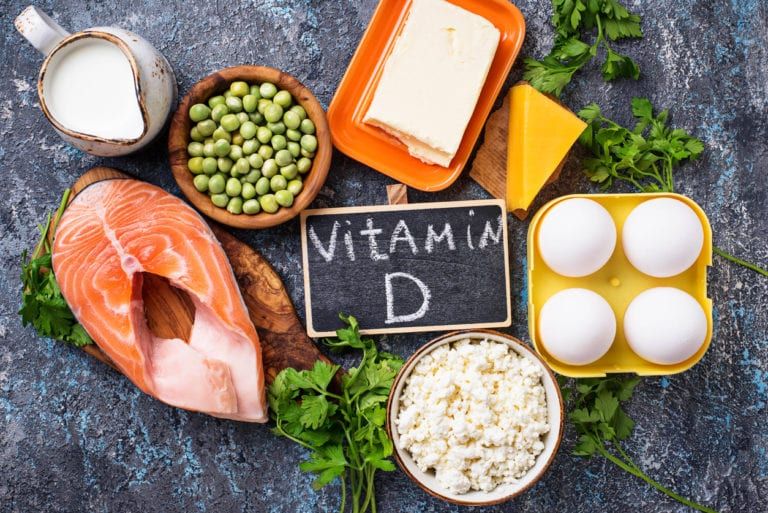
“
Understanding how vitamins and minerals support immune function is essential for maintaining overall health and well-being. The role of vitamins and minerals in immune function is critical, as these nutrients play various roles, from enhancing the production and function of immune cells to protecting them from damage. This blog explores 20 fascinating facts about the critical roles that vitamins and minerals play in supporting a robust immune system.1
1
”
Vitamin B6 is vital for immune system biochemical reactions and antibody production. These antibodies help neutralize bacteria and viruses. Sources include poultry, fish, and bananas. 1
Known for its antioxidant properties, vitamin C protects immune cells from free radical damage and boosts white blood cell function. It is found in citrus fruits, strawberries, and bell peppers. 2

Vitamin D regulates immune response and enhances pathogen-fighting effects of immune cells. Adequate levels are linked to lower infection risk. You can get it from sunlight, fatty fish, and fortified foods.
Vitamin E acts as a powerful antioxidant, protecting cell membranes from damage and enhancing immune cell activity, including T cells. Essential for immune health, Vitamin E is found in nuts, seeds, and vegetable oils. 3
Folate is crucial for DNA and RNA synthesis in immune cells, aiding their rapid growth. It also helps produce red and white blood cells. You can get it from leafy greens, legumes, and fortified cereals. 4
Zinc is crucial for the development and function of immune cells. A deficiency in zinc can weaken the immune response, leading to increased susceptibility to infections. Its sources include meat, shellfish, and legumes. 5
Iron plays a vital role in immune cell proliferation and the production of hemoglobin, which transports oxygen in the blood. Adequate iron levels are essential for a strong immune system. Iron can be found in red meat, beans, and fortified cereals.6
Hemoglobin is vital for oxygen transport and immune function. It ensures adequate oxygen supply to cells, supporting a strong immune response. Its sources include red meat, beans, and fortified cereals.7
Selenium, an antioxidant, protects cells and boosts immune response by aiding cytokine production. Essential sources include Brazil nuts, seafood, and eggs, which help maintain a healthy immune system and cellular defense. 8
Magnesium supports immune cell function and helps prevent chronic inflammation. It is involved in numerous biochemical reactions. You can get it from whole grains, nuts, and green leafy vegetables. 9
Calcium is essential for immune cell signaling and maintaining bone health, where immune cells are generated. Key sources of calcium include dairy products, leafy greens, and fortified foods, which support both bone strength and immune function. 10

Phosphorus is essential for ATP formation, which powers immune cells. Adequate levels ensure cells have the energy to combat infections. You can get it from meat, fish, dairy, and nuts.
Potassium is vital for maintaining fluid balance in cells and aiding nerve signal transmission, which can influence immune response. It helps regulate various bodily functions. You can find potassium in bananas, oranges, and potatoes. 11
Copper plays a key role in hemoglobin production and acts as an antioxidant, helping protect cells from damage. This mineral supports immune function and overall cellular health. Rich sources of copper include shellfish, nuts, and seeds. 12
Manganese contributes to immune cell health by supporting enzyme production and providing antioxidant protection. It also plays a role in metabolism and helps the body function efficiently. You can obtain manganese from whole grains, nuts, and tea.13
Omega-3 fatty acids are crucial for modulating the immune response, reducing inflammation, and supporting cell membrane health. They are essential for overall immune function and can be sourced from fatty fish, flaxseeds, and walnuts. 14
Vitamin A is essential for maintaining the integrity of the skin and mucous membranes, which act as barriers to pathogens. It also supports the development and function of immune cells. Sources include liver, carrots, and sweet potatoes. 15
Vitamin K, known for its Role in blood clotting, also contributes to immune function by regulating inflammation and supporting the health of various immune cells. You can get it from leafy greens like spinach and kale, and fermented foods. 16
Iodine is vital for thyroid function, which regulates metabolism and influences immune system activity. Adequate iodine levels are crucial for maintaining a balanced immune response. Its sources include iodized salt, seafood, and dairy products. 17
Technologies like high-performance liquid chromatography (HPLC) and mass spectrometry are used to measure vitamin and mineral levels in the body. These tools help in diagnosing deficiencies that can impair immune function. 18


